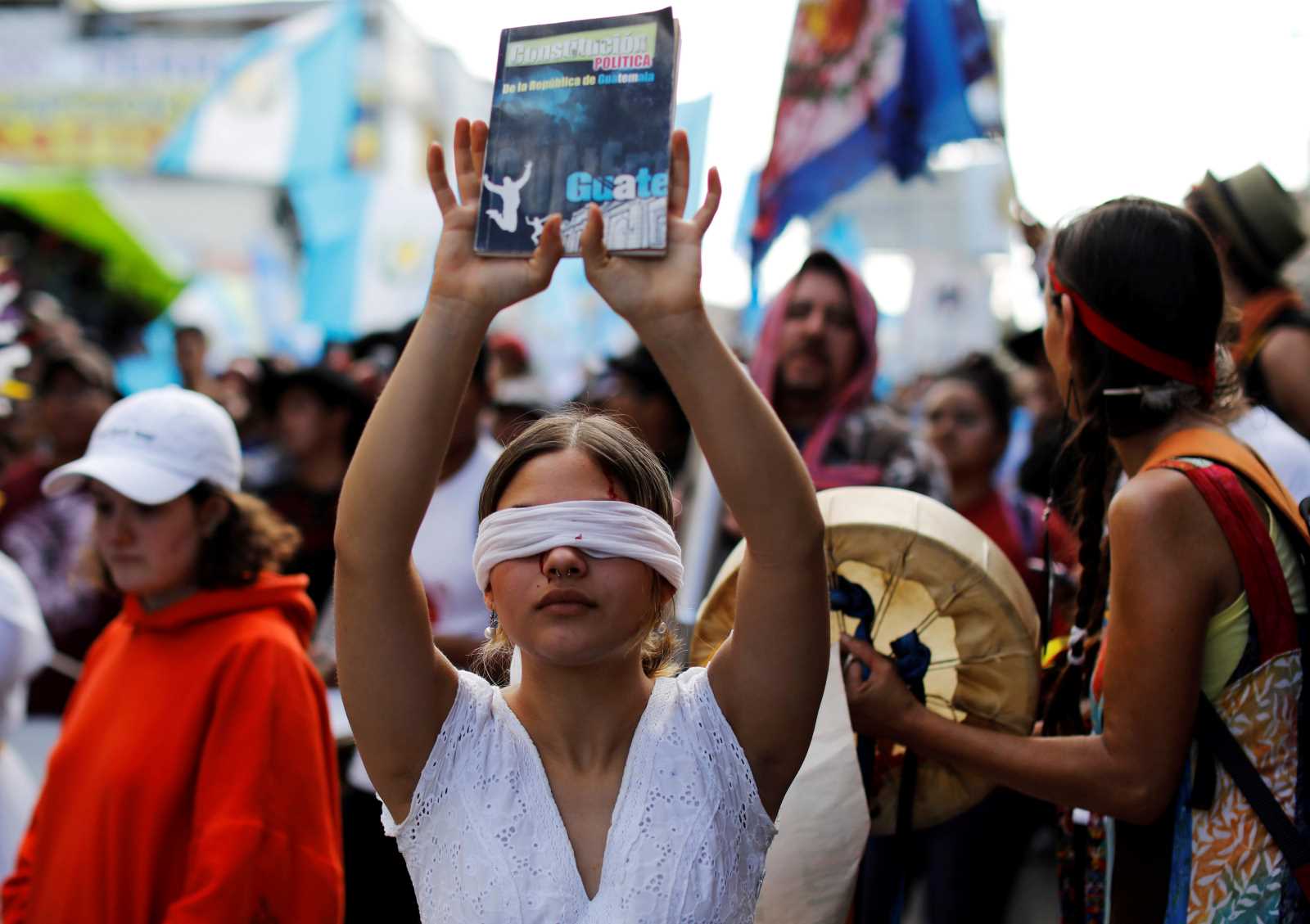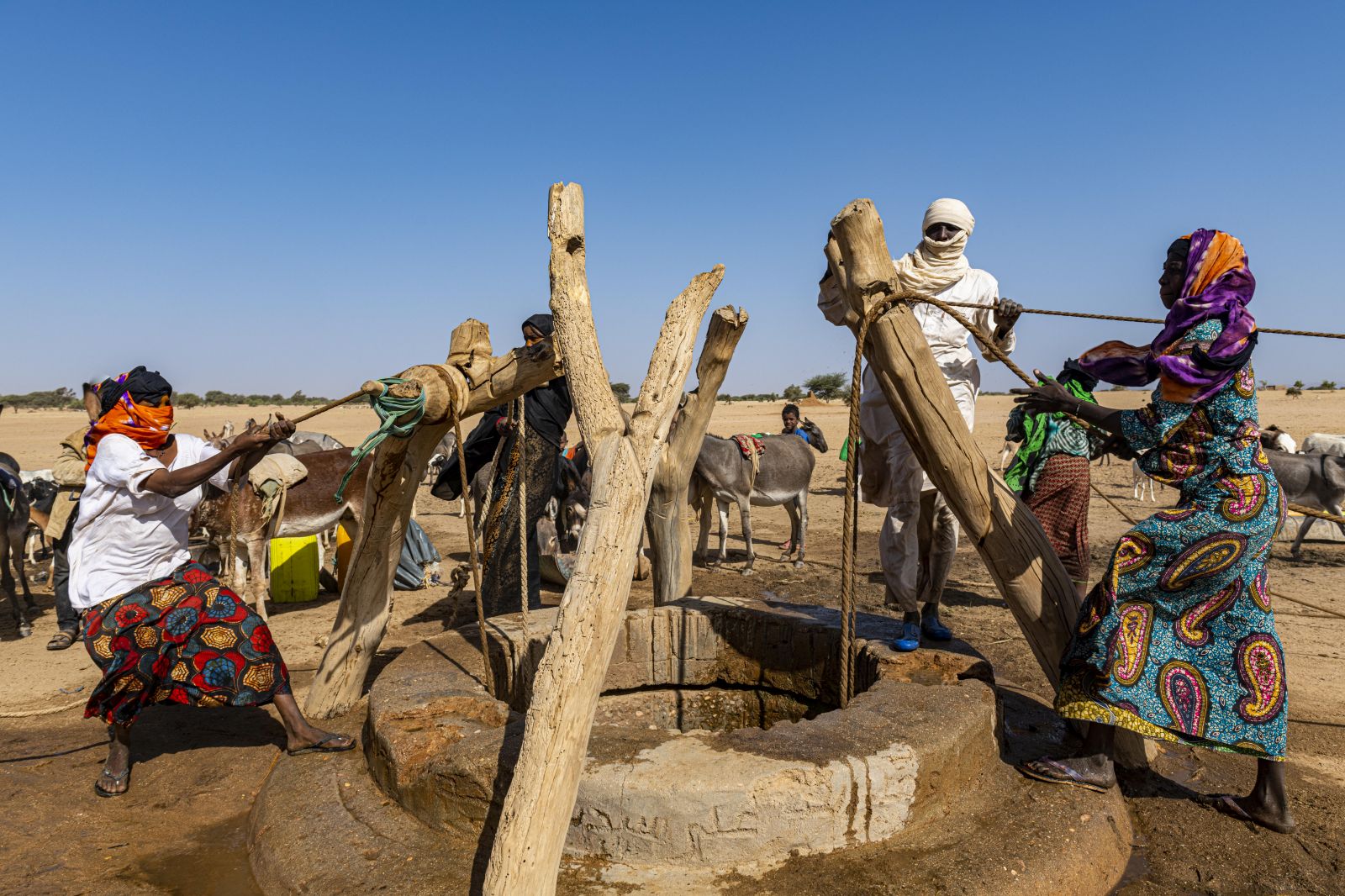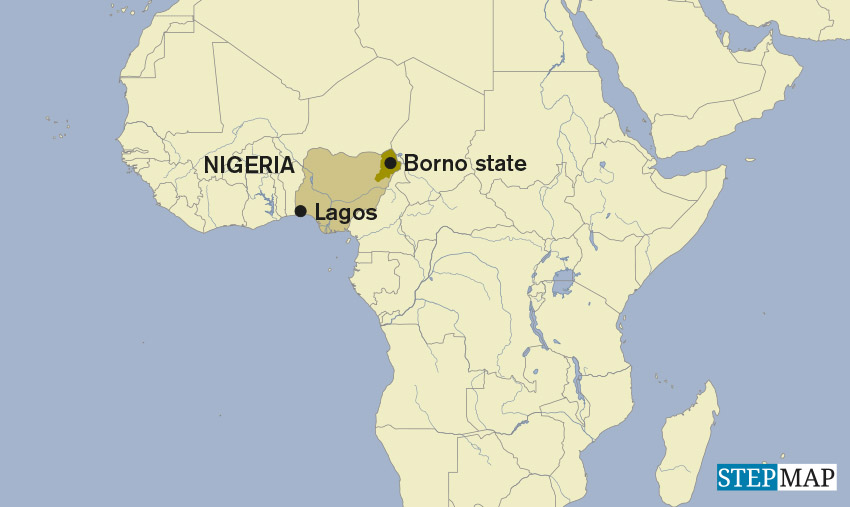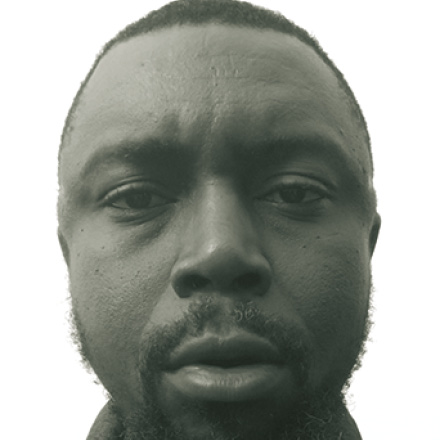War reporting
Confidential contacts
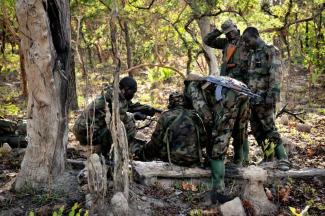
In Uganda, the military and the media have a good relationship. That has historical reasons. After failed peace talks to end the conflict with the rebel lord’s resistance army (LRA ), the military decided to work closely with the media. It founded the radio station “Freedom Fm” and used it to broadcast messages to rebels and internally displaced people.
As a war reporter in those years, I relied to a great extent on information provided by soldiers. Journalists had no access to the rebels, and rebel collaborators tended to be contradictory and diversionary, so they could not be trusted. As a result, most reports were one-sided, reflecting only the army’s point of view.
In order to be as fair and independent in my reports as possible, I developed confidential contacts with foot soldiers. They were the most credible news sources. There is always reason to suspect that the information provided by the headquarters is manipulated for strategic reasons. Other relevant sources include internally displaced refugees and local leaders, including from churches or mosques, and community workers. Aid agencies were helpful too.
Sometimes, injured rebels in hospitals gave me information, and so did doctors who treated them. As a female war reporter, I had a special relationship with child soldiers: they saw a mother in me and trusted me with sensitive information. Being a woman helped me to interview victims of rape. With the spreading of radio and mobile phones, the rebels began to communicate through their spokespersons – but it was still difficult to verify their information.
Even with trustworthy contacts, it is crucial to cross-check facts before filing stories. Instead of hunting breaking news, war reporters must collaborate with other journalists to broaden coverage and balance news. In the LRA war, the media network provided factual counter-narratives. It helped to control bias, exaggeration and misreporting.
Good journalism reduces conflicts and promotes peace. By adhering to the principles of peace journalism and avoiding inflammatory language, for instance, war reporters can help to prevent media-induced violence. One should not reinforce stereotypes of “evil” enemies, but report reconciliation efforts and any attempts to stop violence and protect people. Despite the good relationship with the military, journalists in the Ugandan crisis faced intimidation and threats. Some were called “rebel collaborators”. However, we stood our ground and reported independently. With time, the media became an important tool for stakeholders. I found out that, by including peace journalism in my work, I gained the trust of a growing audience.
Doing independent research in a war zone is dangerous, so personal safety needs consideration. One thing I did was to carry several copies of my identification card with me. I placed one copy in my bag, another one in my pocket and a third one in my inner-wear pocket. In case my bag was confiscated I still had the other copies – that may be a guarantee against torture in situations like night curfews. To protect my military informers I used nicknames.
In addition to that, my recommendations are:
- Never go for war stories alone. I made it a point to move with two or more journalists. We watched each others’ back.
- Do not take photos of military installations and big bridges without authorisation.
- Share travel information with editors.
- Avoid wearing bright colours to the field – in case of an ambush you will be the first target.
- Lobby your media organisation for a bulletproof press jacket. If the military gives you one, wear a civilian shirt on top.
- Do your best to know several routes in and out of the places you go and be in touch with local leaders.
As a war reporter, I wore jeans and flat shoes to make running and climbing any means of transport easier. And I always carried my own water bottle to prevent people from offering me drinks.
Gloria Laker Aciro heads the Peace Journalism Foundation of East Africa. She lives in Uganda.
glorialaker@gmail.com
Twitter: @GloriaLaker
Blog: www.pjfeastafrica.wordpress.com
